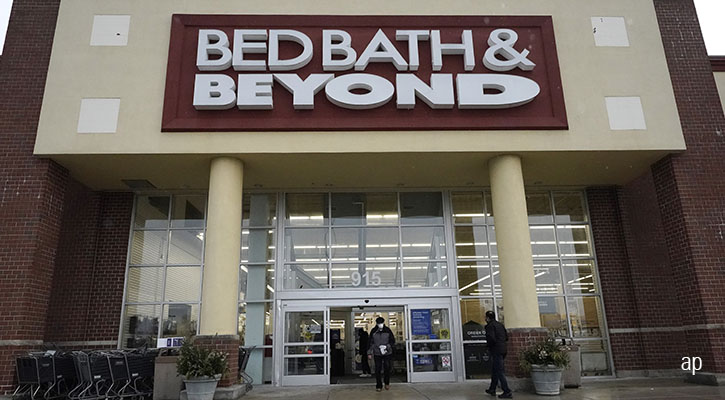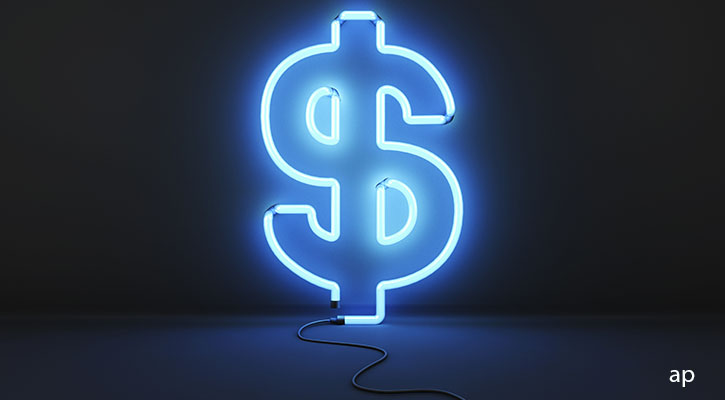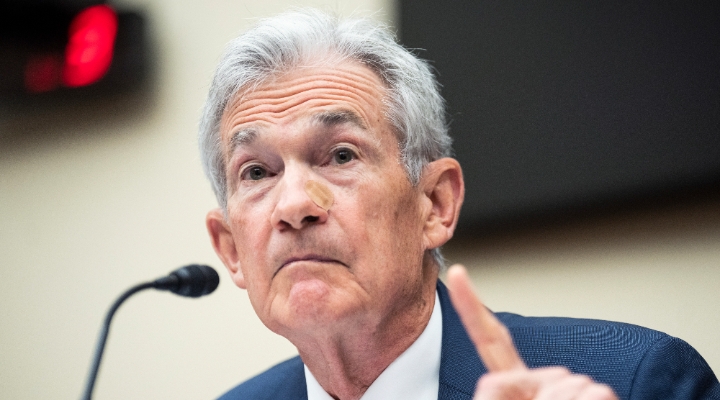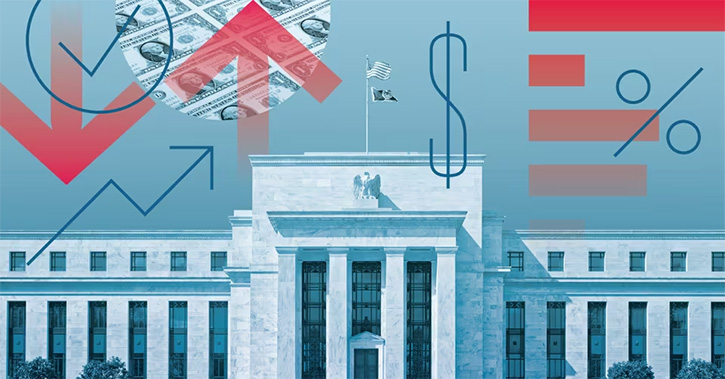
Bed, Bath and Beyond (BBBY) may not register on the radar of UK investors or shoppers but the company has a peculiar hold on the American imagination.
It briefly gained fame as a "meme stock" during the shortlived mania for random bricks and mortar stocks. And the store made an appearance in the HBO comedy Broad City about two millennial New Yorkers Abbi and Ilana. For the uninitiated, it’s a mixture of IKEA, B&Q and Costco, a retail “experience” that has attracted loyal customers and curious casual browsers over its 50+ year history.
Now the company is facing bankruptcy, spurring customers holding their famous 20% vouchers to cash them in as soon as they can.
The company said on Thursday that it had "substantial doubt" about its ability to continue trading, and it is looking at a number of options, including the sale of assets such as infant brand buybuyBaby, a debt restructuring or bankruptcy.
Shares have fallen 43% in 2023 and is now nearly 90% from this time last year. The stock price is just over one dollar, a far cry from the $80 all-time high in 2014 and the brief spike back to $35 in early 2021 during the meme stock craze.
It’s a tough retail environment across the developed world and many companies are struggling with higher costs and competition. In the US in particular, the ecommerce power of Amazon and the bulk-buying heft of Walmart, Costco and Target, have eaten into Bed Bath & Beyond's business model.
Bankruptcy Risk
Morningstar analysts assign a zero value to the stock and analyst Jaime Katz explains the situation faced by the retailer:
"We are updating our fair value estimate to $0 for no-moat Bed Bath & Beyond BBBY after the company released preliminary third-quarter sales results ahead of its now-postponed earnings filing," she says.
"Sales of $1.26 billion were 33% lower than last year, plagued by vendors limiting inventory to the retailer given its cash flow uncertainty. The continued deceleration of sales places Bed Bath on track to generate around $5 billion in sales this fiscal year (ending February), lower than our $6 billion forecast.
"But weak sales were the least concerning part of Bed Bath’s update. First, the company noted there would be a delay to filing its third-quarter results, which were slated for release on Tuesday, January 10. Also, the company failed to complete its debt exchange offering, the tender period, which expired 4 January, indicating the unwillingness of lenders to swap priority position on the balance sheet for a subordinated position given the precarious cash flow generation of the business.
"Given that we previously didn’t expect Bed Bath to generate enough operating income to cover interest expense until 2025, a further delay places serious concern around the firm’s ability to service its debt or refinance the $300 million due in 2024 as lenders are more likely to wind down exposure to the name, rather than accommodate the failing business.
"In this vein was the recognition that there was 'substantial doubt about the company’s ability to continue as a going concern'. This indicates potential bankruptcy is a much nearer-term risk than we previously anticipated. Our valuation goes to zero primarily through three channels. Lower sales in 2022 reduces our $7.60 fair value estimate by $2.
"Further sales reductions in our outlook (including another 20% decline in 2023) reduces the value by another $2. Significantly more stringent payable terms perpetually take another $2 off. The continued elevation of selling, general, and administrative costs eliminates the remaining value."
This article originally appeared on Morningstar.com and has been updated and edited for a UK readership




























